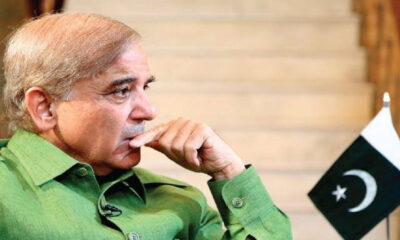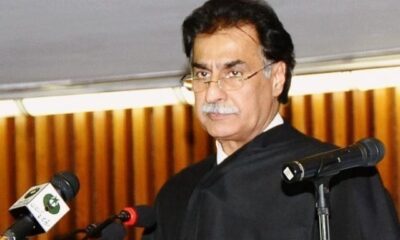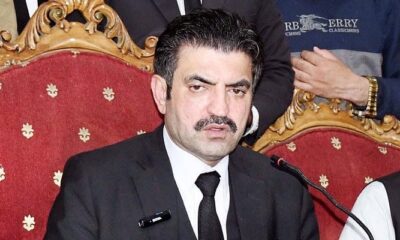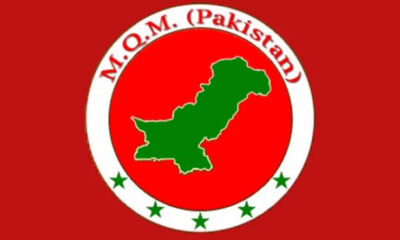Politics
Faizabad dharna: Inquiry commission summons Shehbaz Sharif on Jan 3

Latest News
The bail petition of Parvez Elahi in the Jinnah House attack case has been rejected by the ATC.
Latest News
Sardar Tanveer Ilyas, the former Prime Minister of AJK, has been apprehended by authorities.
Latest News
Abbasi says that Pakistan’s functioning will not be efficient without implementing improvements in the system.
-

 Business14 hours ago
Business14 hours agoThe International Monetary Fund (IMF) and Pakistan have initiated discussions at the policy level.
-

 Latest News15 hours ago
Latest News15 hours agoAbbasi says that Pakistan’s functioning will not be efficient without implementing improvements in the system.
-

 Latest News14 hours ago
Latest News14 hours agoThe bail petition of Parvez Elahi in the Jinnah House attack case has been rejected by the ATC.
-

 Latest News15 hours ago
Latest News15 hours agoAitchison College appoints a new principal.
-

 Latest News15 hours ago
Latest News15 hours agoPakistan and Turkey have reached an agreement to enhance their bilateral commerce to a total of $5 billion.
-

 Latest News15 hours ago
Latest News15 hours agoAdditional Pakistani students evacuated from Bishkek, which has been affected by unrest.
-

 Latest News15 hours ago
Latest News15 hours agoStatement from the chief meteorologist regarding the Karachi heatwave:
-

 Latest News15 hours ago
Latest News15 hours agoThe matriculation exams in Karachi have been rescheduled.





















